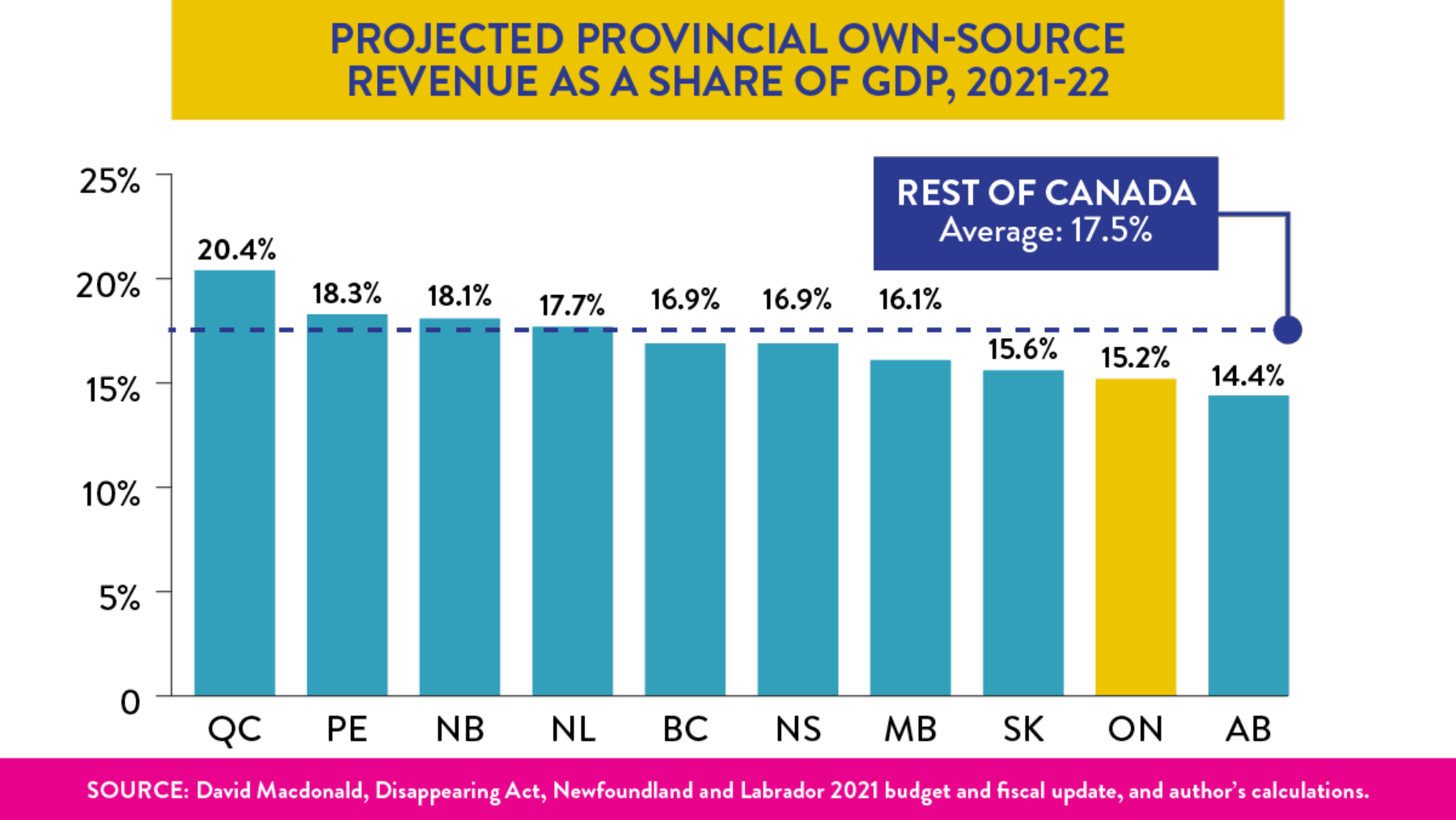While there have been some aspects of the Saskatchewan NDP's post-election review (PDF) which involved conflicting currents within the party, one of the few possibilities which seems to have been generally embraced is the development of a 24/7/365 campaign to counter the constant barrage of Saskatchewan Party spin.
That's well and good as a means of supporting messages worth sending. But if recent events make anything clear, it's that having a communications apparatus doesn't help much if you're not willing to use it to call out the government.
The last few weeks have seen a barrage of jaw-dropping positions and announcements from the Moe government - and far too much willingness from the official opposition to elect not to challenge them.
When the Saskatchewan Party announced that all kinds of regulatory enforcement were being assembled into a single police force (with obvious potential for abuse), the NDP's response was to raise no objection other than to complain that Legislative security shouldn't be included. (Presumably this would be the Murray Mandryk appeasement measure, under the false assumption that anything the NDP does will ever cause the province's corporate media pundit class to do anything other than attack it at every opportunity.) And this after the previous police force was the subject of a massive scandal involving the purchase of inappropriate and unnecessary firearms.
When the federal government made the already-sufficient decision that carbon capture and storage would receive gobs of public money as long as the captured emissions weren't used to produce more oil, the public response was to echo the fossil fuel industry's demand that it be subsidized to promote carbon pollution.
And most recently, the reaction to Scott Moe's repetition of blatantly false conservative talking points about a nonexistent truck tax has been...to take it at face value and offer meek agreement.
Each of those cases offered a prime opportunity to lay the groundwork for the next election campaign - establishing points of distinction from, and criticism of, a government which is both destructive and untrustworthy. But in each case, the current choice was instead to use whatever opportunity the NDP has to project its voice publicly to reinforce Saskatchewan Party frameworks and talking points.
Even applying the best possible excuse about trying not to prefer one set of voices within the party over another during a leadership campaign, that represents a failure both to hold an incompetent government to account, and to prime the public for any message that change is necessary. And the last thing an outgunned party can afford to do is spend its limited resources shooting itself in the foot.
[Edit: fixed typo.]




